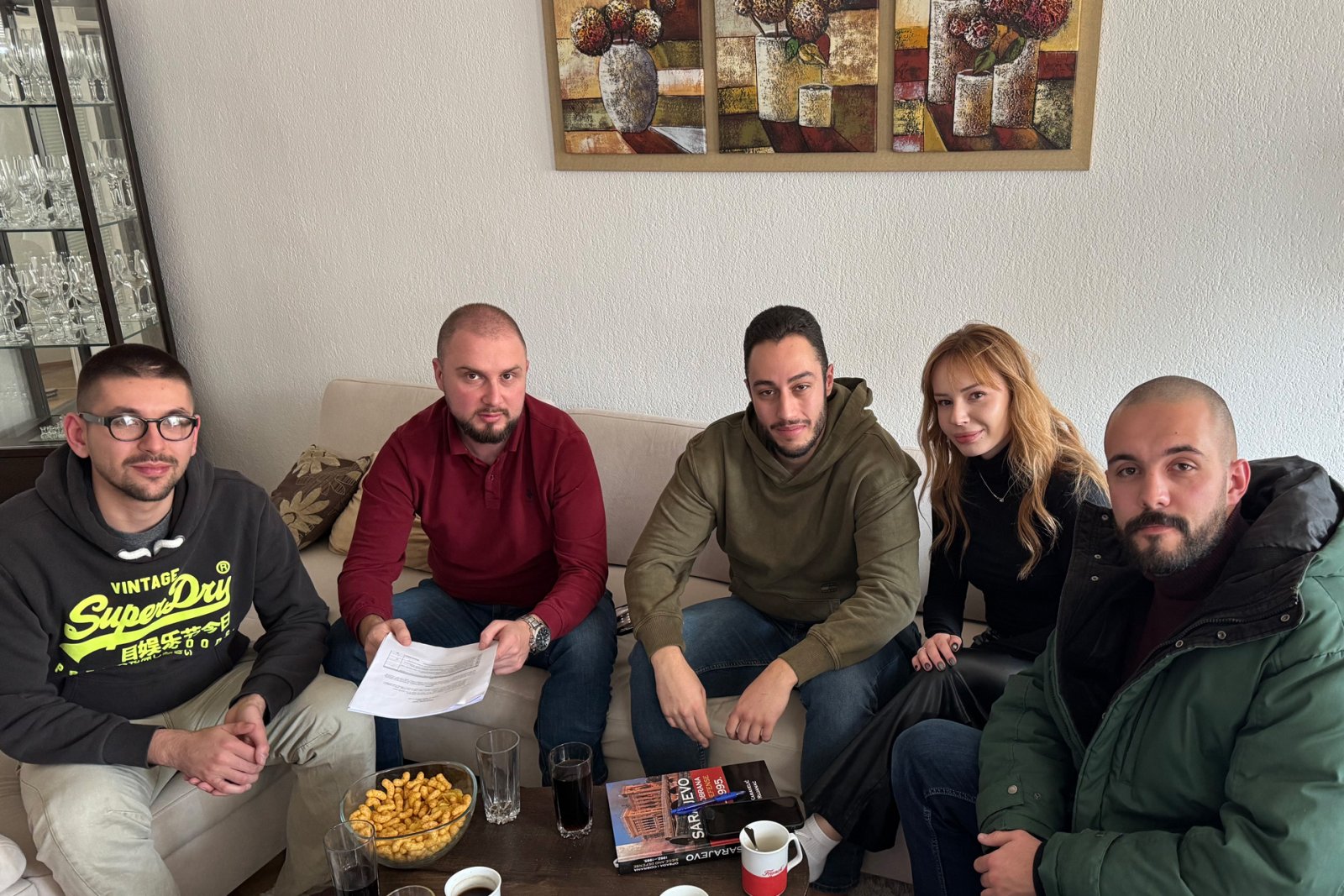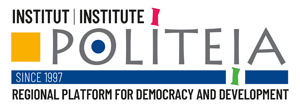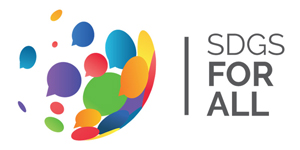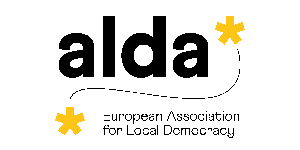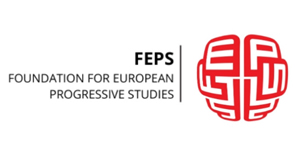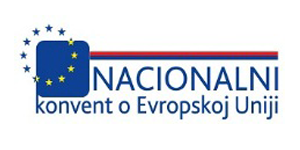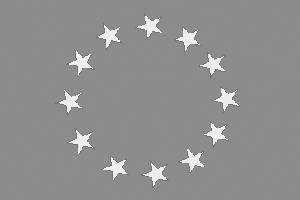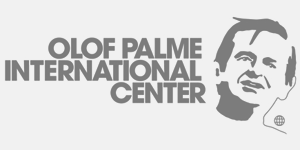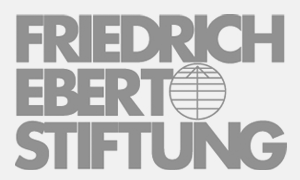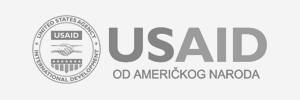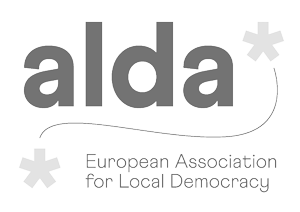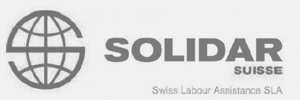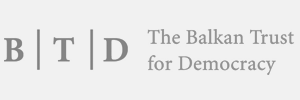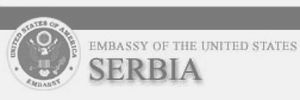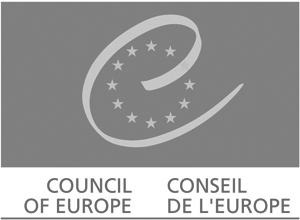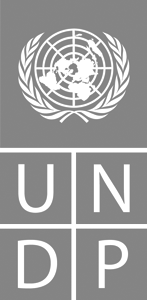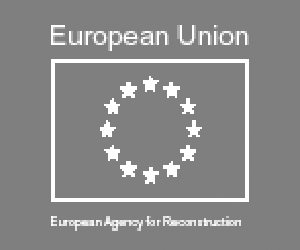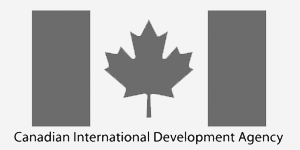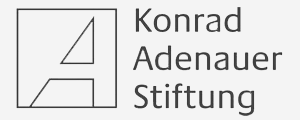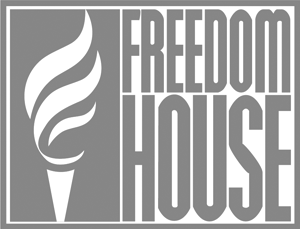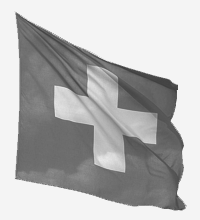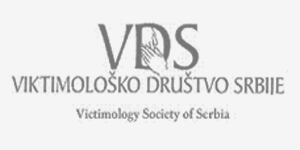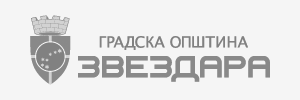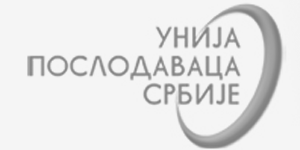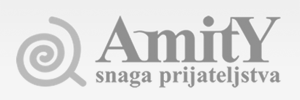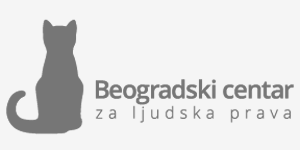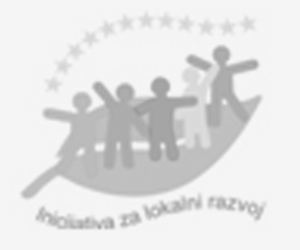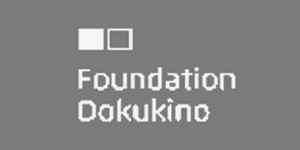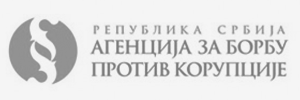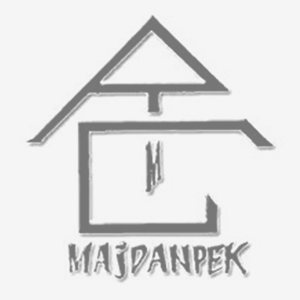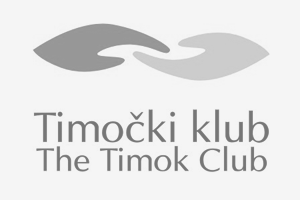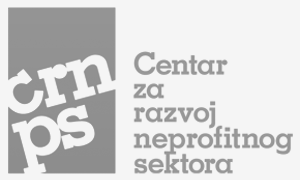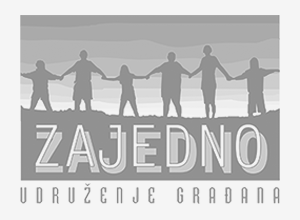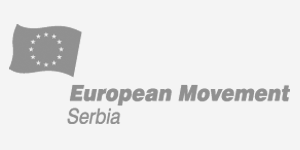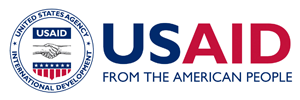Organized group “STAV”
Regional Youth Dialogue for Europe – RYDE
Organized group “STAV” is one of five regional informal groups whose project “Western Balkan Student Mobilization and Advocacy Network (WB-STAW)” has received financial support through the “Active Achievement Fund”, a sub-granting activity of the “Regional Youth Dialogue for Europe – RYDE” project funded by the European Union.
The “Active Achievement Fund” aims to empower youth in the Western Balkans to participate in a structured dialogue on public policies relevant to youth, to advocate for the adoption of European values and strengthening of democratic and responsible institutions, and to promote regional cooperation and political, economic, and social benefits of the EU integration for the Western Balkans societies.
Support is provided through the direct payments by RYDE partner organization Regional Academy for Democratic Development (ADD), Novi Sad, Serbia, which serve as intermediary organizations for their project.
Organized group “STAV” who is implementing this project is composed of nine young people from Bosnia and Herzegovina, North Macedonia and Serbia. However, Serbian informal group “STAV” was established on February 1, 2024, by students from Novi Sad that were discontented with electoral fraud which occurred in local and parliamentary election in Serbia on December 17, 2023.
The Serbian team, compared to the regional group of nine, consists of five core team members and the activist network that counts around 20 people. The main goal of the group's work is to point out the importance of youth inclusion in the democratic processes in their country, especially on the local level, and to build a broader activist network with the capacity of actively engaging in different student and local issues.
Since March 2024, STAV has mainly focused on the elections for student representatives at the University of Novi Sad and the system of student organizing in Serbia and the other Western Balkan countries, having noticed the deteriorating state and heavy misuse of these institutions for personal gains.
Project background: The problem this project is tackling is the lack of democratic practices in Universities across the Western Balkan region. Student bodies, student parliaments and student organizations on most universities lack transparency in their work and impose a one-party system of student governance in the institutions. This issue is best represented in elections for student representatives in student parliaments.
In most cases, students can vote for their representatives, but the ballots only offer a single option to circle. This problem is deeply embedded in the operations of these bodies. Since their formation in the 1990s, their working model has remained largely the same, with the issue becoming more pronounced due to the influence of the current ruling party. The party often uses these student bodies as training grounds for young people loyal to them, serving as a gateway to future political careers. It is crucial to address this issue, as these student bodies exist to protect students' interests and ensure the quality of their education.
This project aims to establish active organizations focused on exploring student bodies in universities across Serbia, North Macedonia, and Bosnia and Herzegovina, as well as to raise awareness among young people about student parliaments and organizations, and to enhance their problem-solving skills to empower local student communities.
Specific objectives include:
- familiarizing youth with legal frameworks, student organization rules, and electoral processes in their countries;
- educating them about their rights and active youth participation;
- providing skills in communication, public relations, and advocacy to effectively present ideas to institutions, government bodies, and the public;
One of the main activities within this project is the formation and strategic development of informal student groups in Sarajevo, Skopje and Novi Sad. The members of the informal group STAV will transfer their knowledge and skills to student activist groups in these cities, aiming to promote democracy in student bodies. They will gain the necessary skills for social media design (CANVA), social media account management, coordination of activist networks, and advocacy.
Furthermore, young people will gain insights into the legal frameworks of student organizing and methods for utilizing the legal system to achieve their goals in their countries. Once these groups are formed, regular coordination meetings (group and separate) take place online. Group Coordination Meetings involve young people from all participating cities, while Separate Coordination Meetings include STAV members and activists from individual cities.
The first strategic workshop was held from 21 to 23 February 2025 in Sarajevo. The workshop was focused on forming and strategically developing a local student activist group “Prilika” from Sarajevo, equipping participants with essential skills in organization, advocacy, and strategic planning. The goal was to empower youth activists to take an active role in student governance, improve democratic practices, and develop a sustainable action plan for their future activities.
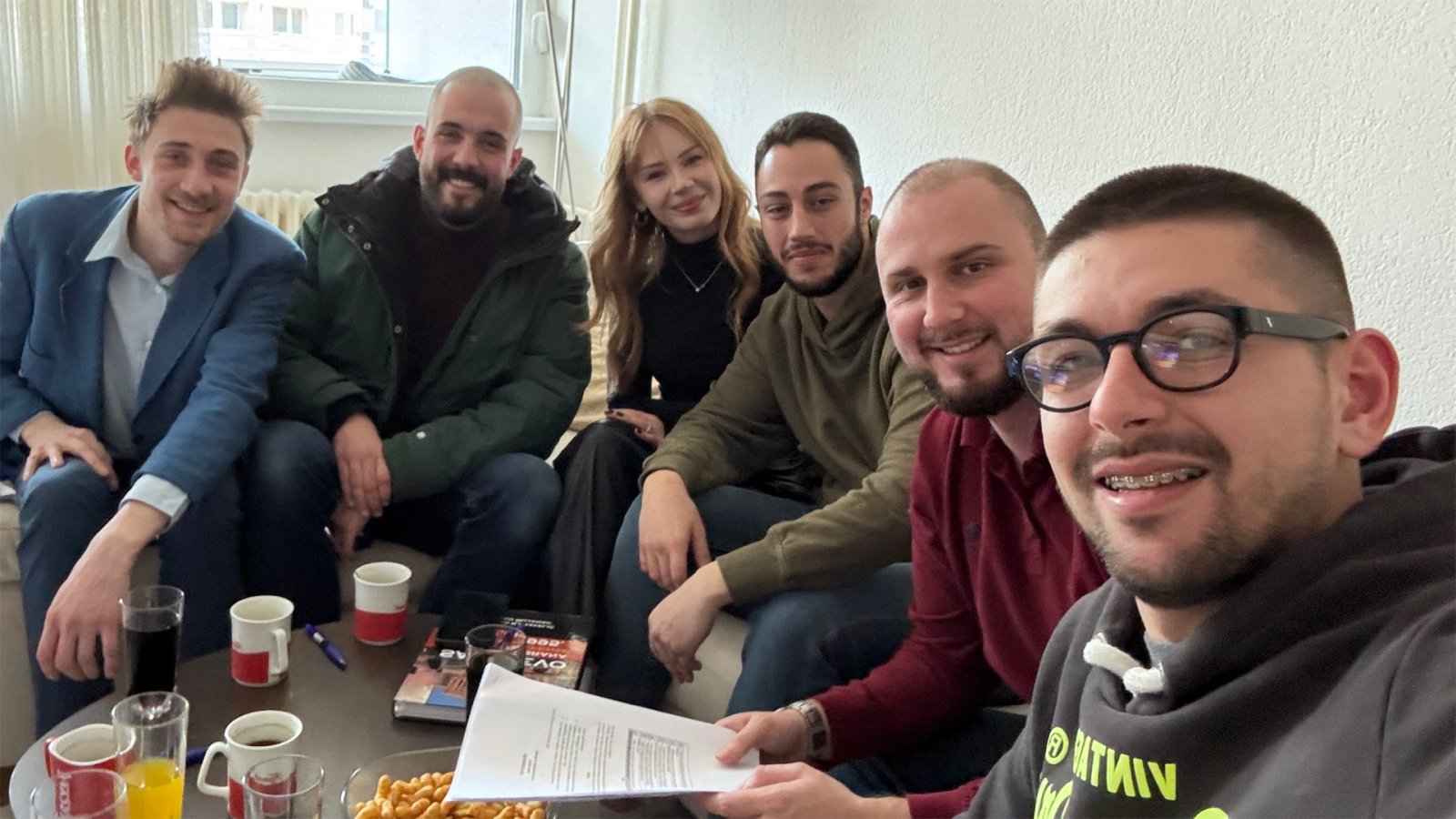
During March 2025, three public round tables will be organized in Sarajevo, Ohrid and Novi Sad, to discuss the challenges and importance of student organizing in the Western Balkans. At the same time, a social media campaigns will be conducted aiming to place student organizing and student bodies malpractice in the public space in Bosnia and Herzegovina, North Macedonia, and Serbia.
Regional Youth Dialogue for Europe – RYDE


PUBLICATIONS
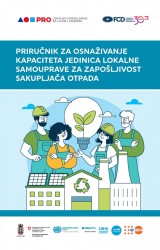 Manual for Strengthening the Capacities of Local Self-Government Units for the Employability of Waste Pickers
Manual for Strengthening the Capacities of Local Self-Government Units for the Employability of Waste Pickers
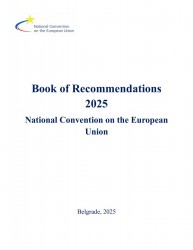 NCEU Book of Recommendations 2025
NCEU Book of Recommendations 2025
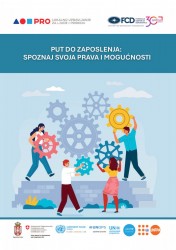 Manual “The Path to Employment: Get to Know Your Rights and Opportunities”
Manual “The Path to Employment: Get to Know Your Rights and Opportunities”
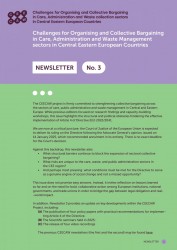 Challenges for Organising and Collective Bargaining in Care, Administration and Waste collection sectors in Central Eastern European Countries
Challenges for Organising and Collective Bargaining in Care, Administration and Waste collection sectors in Central Eastern European Countries
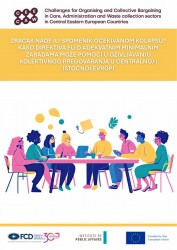 Public Policy Proposals – Collective Bargaining (CEECAW)
Public Policy Proposals – Collective Bargaining (CEECAW)
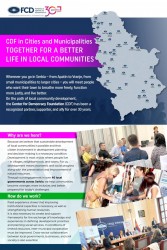 CDF in Cities and Municipalities: Together for a Better Life in Local Communities
CDF in Cities and Municipalities: Together for a Better Life in Local Communities
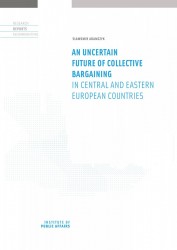 Comparative reports on collective bargaining - CEECAW
Comparative reports on collective bargaining - CEECAW
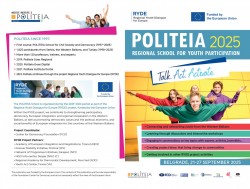 POLITEIA – Regional School for Youth Participation 2025 (leaflet)
POLITEIA – Regional School for Youth Participation 2025 (leaflet)
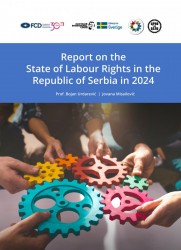 Report on the State of Labour Rights in the Republic of Serbia in 2024
Report on the State of Labour Rights in the Republic of Serbia in 2024
 Unlocking Collective Bargaining Power in Three Sectors: A Call to Action
Unlocking Collective Bargaining Power in Three Sectors: A Call to Action
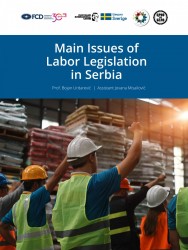 Main Issues of Labor Legislation in Serbia
Main Issues of Labor Legislation in Serbia
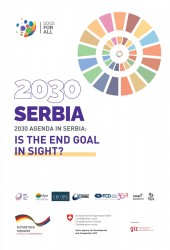 New Monitoring Report by the “SDGs for All” Platform: Is the End Goal in Sight?
New Monitoring Report by the “SDGs for All” Platform: Is the End Goal in Sight?
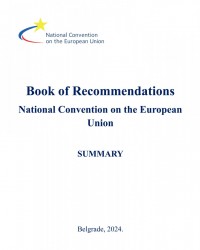 NCEU Book of Recommendations 2024 (Summary)
NCEU Book of Recommendations 2024 (Summary)
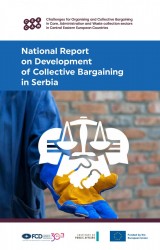 National reports on collective bargaining in Serbia - CEECAW
National reports on collective bargaining in Serbia - CEECAW
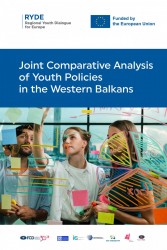 The Comparative Analysis of Youth Policies in the Western Balkans (WB)
The Comparative Analysis of Youth Policies in the Western Balkans (WB)
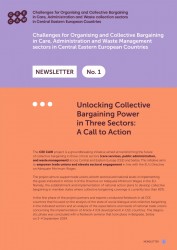 Unlocking Collective Bargaining Power in Three Sectors: A Call to Action
Unlocking Collective Bargaining Power in Three Sectors: A Call to Action
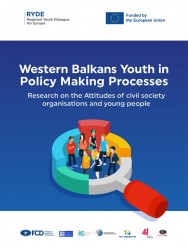 Western Balkans Youth in Policy Making Processes
Western Balkans Youth in Policy Making Processes
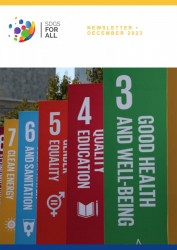 SDGs for All Platform newsletter (December 2023)
SDGs for All Platform newsletter (December 2023)


